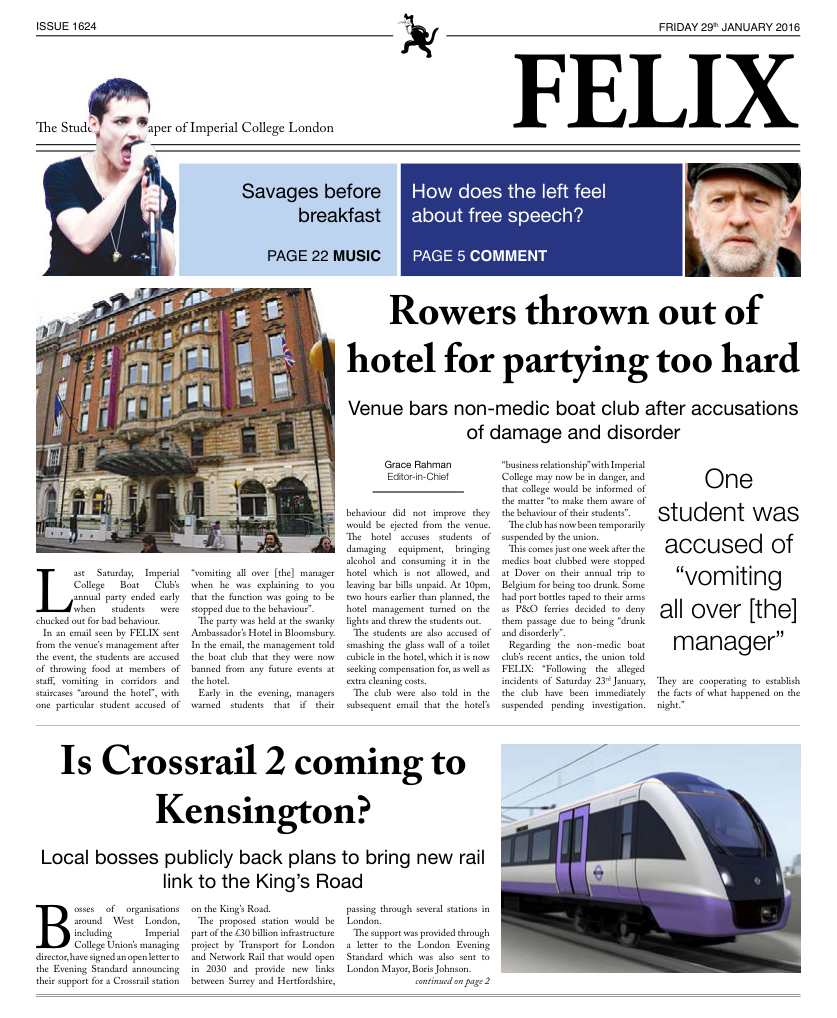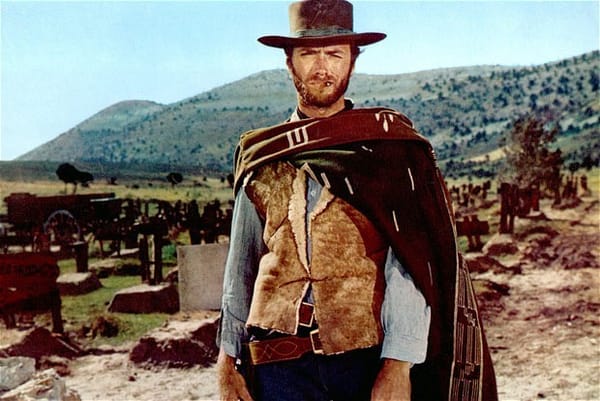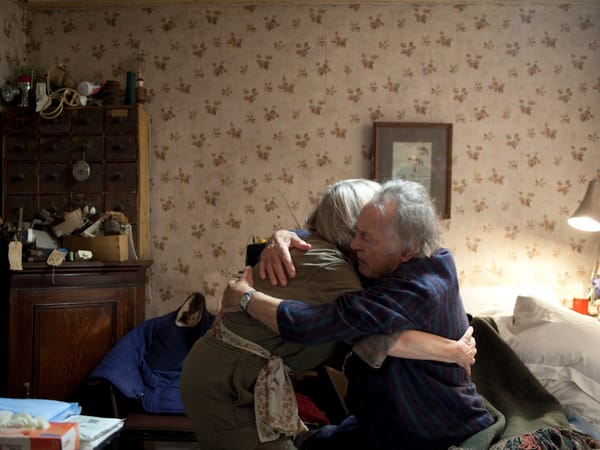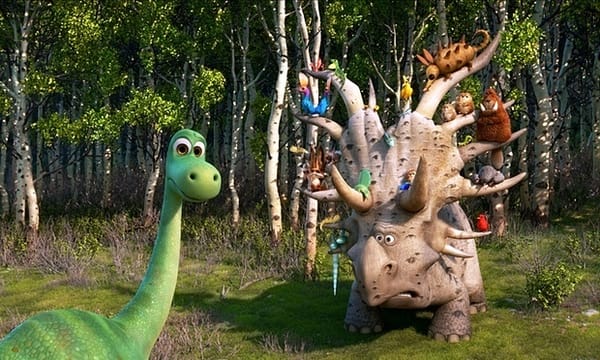All’s fair in love and finance
Esoteric economics are brought down to earth in Adam McKay’s hugely enjoyable film

There are many ways a movie can go about breaking the fourth wall: direct communication with the audience can come in the form of subtle wink-wink moments of dialogue, such as Kingsman: The Secret Service’s conversations about classic spy films; the perfectly-timed stare at the camera that Eddie Murphy mastered in Trading Places; references to real-world events and people such as Riggan Thomson’s hilarious Jeremy Renner spiel in Birdman; or even just plain old narration. The Big Short is a film that takes all these methods, bundles them up into a great big fist, shatters the wall with a single punch, and grabs the viewer by their ears, screaming: “HEY. LISTEN. WE’RE TRYING TO TELL YOU SOMETHING.”
What it’s trying to tell you, on the surface at least, is the story of a bunch of outsiders who foresaw the collapse of the worldwide housing market and did what they could to profit from it – centred particularly around hedge fund managers Dr. Michael Burry (Christian Bale) and Mark Baum (Steve Carrell), and Wall Street trader Jared Vennett (Ryan Gosling). But as the movie unfolds it becomes clear that what it’s really trying to tell you is something much more serious, and much more important; something you already know, but have never wanted to.
TheBigShortis technically almost flawless, written with cutting wit
The multi-character perspective from which the film’s story is told allows us to interact with the real people who were tied up in the insanely nebulous market crash – we come face to face with the villains and victims of the event. Director and screenwriter Adam McKay’s previous films have never been afraid of poking a hefty dose of fun at modern society – the absurd nationalism displayed by overly-proud Americans was taken to the tenth power in Talladega Nights, and the nature of over-saturation of air-headed news networks was subtly explored in the Anchorman films – but the comedy in this film sits squarely in the back seat.
The film’s breaking of the fourth wall becomes painfully astute; it reminds us that the crisis was caused by a small number of bankers so desperate to make even more money that they were willing to gamble with the livelihoods of the general population. But more worryingly, it tells us that if more people had simply looked harder at the ugly truth, perhaps the whole mess could have been avoided. As the film reaches its conclusion, we realise with a heavy heart that we already know exactly how it ends, and that rather than creating some kind of propaganda piece in hopes of inciting a rebellion against ‘the system, maaan,’ all the film has done is present us with the facts. The marketing tagline chosen for the film is a perfect pick, and develops a whole new meaning after leaving the theatre: “This is a true story”.
It speaks volumes of the McKay’s talent that The Big Short makes its desperate subject matter not only arresting, but also hilarious, and never uninteresting to watch. An excellent effort from the production team results in a slick, perfectly stylised viewing experience; the tiny details that make all the difference fly by in a blink-and-you-miss-it fashion – seconds-long shots of pictures of our protagonists’ children on their desks are not followed by scenes of the characters’ good parenting techniques, but rather even quicker shots of those same children at home tapping away on MacBooks, implies they’re indifferent to whether their fathers care about them or not. The story’s most important moments ring loud and clear, but never feel forced or over-the-top.
On top of the dramatic heft the true story packs, McKay manages to squeeze even more sympathy out of the audience with a set of vivid, oddball characters who bring the screen to life – although perhaps the real reasons behind the audience’s sympathy for these characters is the strength of the performances. Bale happens to be the one raking in award nominations for his portrayal of Asperger’s-suffering economic visionary Dr. Burry, and his carefully selected opus of mannerisms (not to mention his skills on a drum-kit) are deployed to fantastic effect, but in truth there is not a bad performance in this movie. Special recognition should go to everyone, including each member of Baum’s team (Rafe Spall, Jeremy Strong and Hamish Linklater), as well as John Magaro and Finn Wittrock, who portray Charlie Geller and Jamie Shipley respectively, two young hedge fund upstarts who cross paths with Vennett and get ahead on the market’s collapse.
But if that recognition can only go to a few, it is fully deserved by the leads – Ryan Gosling has never been so convincing as Vennett, with a sliminess and a smoothness that makes for a bafflingly effective combination, and Steve Carell’s turn as the perpetually on-edge and deeply pained Baum continues the expansion of his now incredibly diverse acting range. Any of the three would be worthy of the nominations in my mind, but the fact that Bale’s equally excellent performance is the one receiving them will certainly not have me losing sleep.
The Big Short is a film that may be difficult to think about after watching, since its subject matter only reveals its true importance upon reflection. But the fact remains that it is technically almost flawless, written with cutting-edge wit, excellently directed and acted, and ultimately truly essential.







